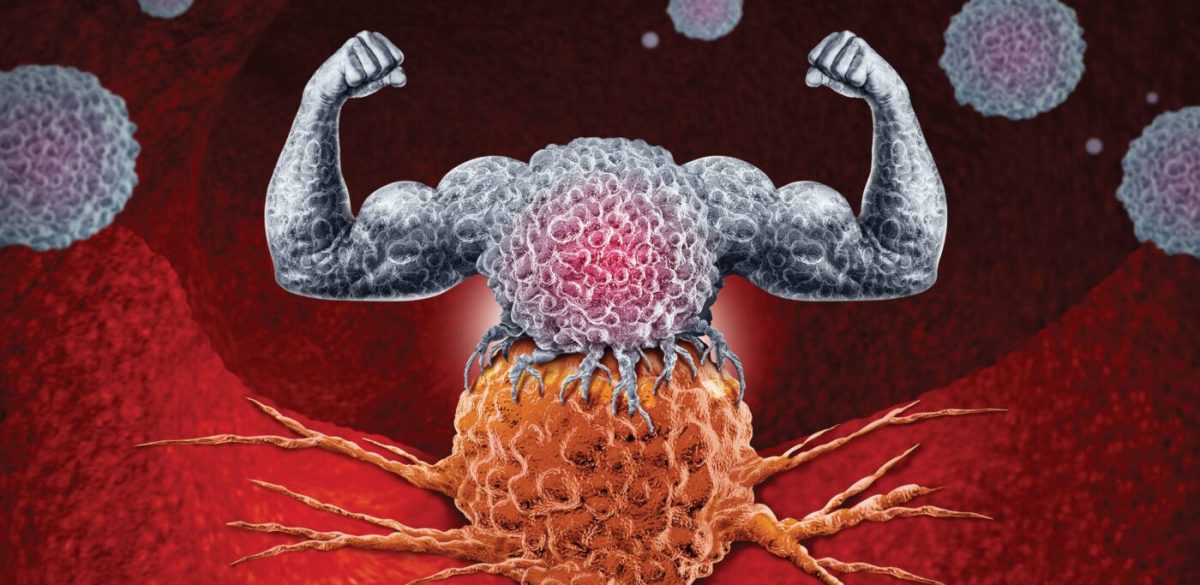Immunotherapy (for metastatic urological cancers)
- Home
- Treatments
- Immunotherapy
Immuno Therapy Treatment Services in Delhi NCR
Welcome to Dr. Amitabh Singh’s Immunotherapy Treatment Services!
Overview
Dr. Amitabh Singh is a renowned Uro-oncologist specializing in immunotherapy for the treatment of metastatic urological cancers. With his expertise and dedication to patient care, Dr. Singh, Immunotherapy Cancer Treatment Doctor Delhi offers personalized and effective treatment options for individuals diagnosed with advanced urological malignancies.
Immunotherapy
Immunotherapy is an innovative treatment approach that harnesses the power of the immune system to fight cancer. It works by boosting the body’s natural defense mechanisms, enabling it to recognize and destroy cancer cells. Dr. Singh, Immunotherapy Cancer Treatment Specialist Rohini, utilizes advanced immunotherapeutic techniques to help patients with metastatic urological cancers, including prostate, bladder, kidney, and testicular cancers.

Treatment Process
- Immune Profiling: This test analyzes your immune system to identify any abnormalities that may impact the effectiveness of immunotherapy. It helps determine your eligibility and tailor the treatment to your specific needs.
- PD-L1 Testing: PD-L1 is a protein found on cancer cells that inhibits the immune system's response. Testing for PD-L1 levels helps identify patients who are likely to respond well to immunotherapy.
- Immune Checkpoint Inhibitors: Dr. Singh may recommend immune checkpoint inhibitors, which are medications that block proteins on cancer cells or immune cells, allowing the immune system to recognize and attack the cancer more effectively. Commonly used immune checkpoint inhibitors include:
- PD-1 Inhibitors: These drugs block the PD-1 protein on immune cells, reactivating the immune response against cancer cells.
- CTLA-4 Inhibitors: These drugs target the CTLA-4 protein, stimulating the immune system to attack cancer cells.
- CAR-T Cell Therapy: In some cases, Dr. Singh may suggest CAR-T cell therapy, a groundbreaking treatment that involves modifying your own immune cells to specifically target cancer cells. This personalized therapy can provide remarkable results in certain patients.
- Combination Therapies: Dr. Singh may recommend combining immunotherapy with other treatment modalities, such as targeted therapy or chemotherapy, to maximize treatment efficacy.
Why Choose Dr. Amitabh Singh's Immunotherapy Services ?
Take the First Step Towards Recovery
If you or a loved one have been diagnosed with metastatic urological cancer and are considering immunotherapy, Dr. Amitabh Singh is here to help. Contact us today to schedule an Online Oncologist Consultation and take the first step towards a personalized and effective treatment plan for your cancer.

